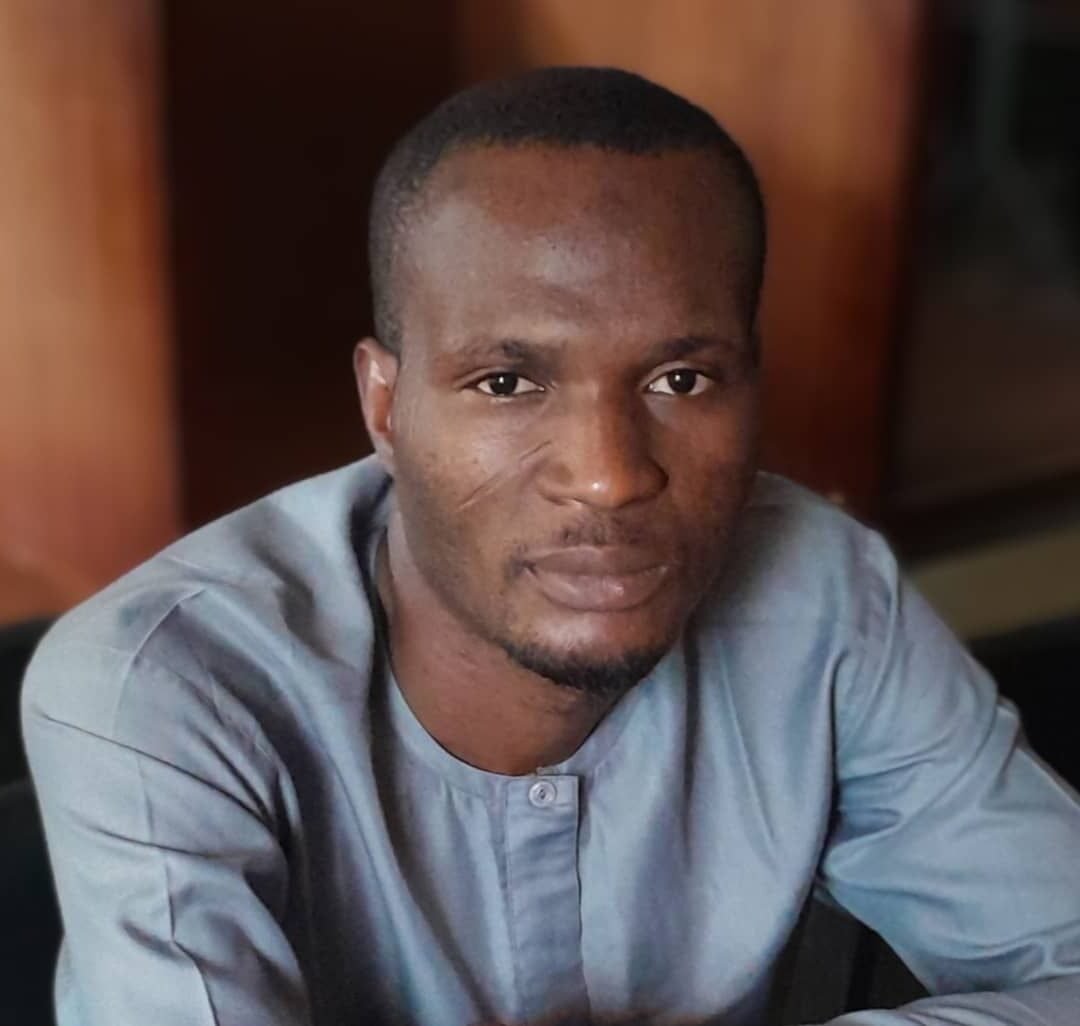Across Africa, a new technological wave is unfolding, one driven by Artificial Intelligence (AI) and reshaping the way people work and solve daily challenges. Like the rest of the world, Africans are turning to AI as a partner for prosperity.
Donald Iheaturu, a young agriculturalist in Nigeria, exemplifies this transformation. He is using AI to enhance his farming and promote food security in his country. Using AI-powered tools, he has modernised his entire farming process, from pest detection to crop management.
“AI offers transformative benefits, particularly in Agriculture, where it has revolutionised traditional practices. Gone are the days when a farmer was solely identified by a hat, hoe and matchet,” he said in a recent interview with Premium Times Nigeria.
From his home, Iheaturu monitors his fields remotely, deploying drones to scan crops, detect pests, and send real-time updates to his tablet. With the AI-powered tools, he could automate the process and boost the harvest on his farm.
Technologies like the Yam miniset method, powered by simple AI applications, have helped him move away from outdated methods still used by many farmers unaware of modern tools. Iheaturu learned the simple method of splitting yams using the Yam miniset for effective farming.
Determined to tackle regional food scarcity, Iheaturu began cultivating tomatoes, a crop not commonly grown in Southern Nigeria. To make it easier, he revealed that he carefully studies the art of planting the crop using AI, which allows his tomatoes to produce in large quantities.
Later, he even used an AI-powered app to detect disease on his plants by simply scanning leaves with his phone. “It’s a very simple app; you have to download it. Then you click on the camera, place the leaf under it, take a picture of it, and ask ‘What is this?’ And what are the possible diseases that could be affecting this plant?” Iheaturu explained.
More Africans are turning AI into a force for change
Iheaturu’s story mirrors a growing trend across the continent: Africans are embracing AI to improve their livelihoods. Mustapha Alhassan, a plastic goods merchant in Nasarawa state, faced dwindling sales and uncertainty. But that changed when a friend introduced him to ChatGPT.
He told The Liberalist that he gained knowledge of how to start with a small capital and manage it with just an Android phone. AI helped him navigate the basics: researching his market, identifying top-selling plastic brands, sourcing products cheaply, and choosing the best-selling points for his goods. With as little as N50,000 to N150,000, he restarted his business with newfound clarity.
Initially, Alhassan had no idea how to publicise his plastic business. But AI stepped in again. It guided him to advertise through word of mouth, religious centres, and digital platforms like WhatsApp and TikTok. Soon, sales picked up, validating his trust in a tool that, just months ago, was unknown to him.
Data obtained from Semrush, a technical organisation that advocates for the use of AI while providing substantial information on its advancement, revealed that over 80 percent of businesses worldwide embrace AI to enhance productivity in their respective organisations. As its importance grows, the organisation said almost 97 million people will work in the AI space.
Organisations like the Center for Intellectual Property and Information Technology Law (CIPIT) reveal what these stories suggest: AI is revolutionising agriculture, health, legal services, and creative industries.
For many local startups, AI has provided scalable solutions and accelerated capacity-building efforts.
In Nigeria, one of the most promising AI innovations emerged in fintech. Suleiman Adewale, a software developer, developed a WhatsApp-based AI assistant named Xara. The chatbot helps users send money, pay bills, and analyse payments.
AI is also proving essential in governance and rights advocacy. The African Union Development Agency revealed its potential to enhance democracy, transparency, and accountability. In Kenya and South Africa, platforms like ‘Ushahidi’ and ‘Afriwitness’ use AI to monitor elections and document human rights abuses. In Zimbabwe, Zindi uses AI to analyse data and strengthen governance to enable the implementation of better policy in the country. Meanwhile, Rwanda employs an AI chatbot to improve access to healthcare.
At a convocation ceremony for the Federal University of Kashere graduates early this month, Vice Chancellor Professor Umaru Pate, encouraged African institutions to embrace AI to prepare graduates for the future.
“Latest report said over 92 million jobs will disappear while 120 million new ones will emerge courtesy of the internet of things, robotics, big data and evolution of Artificial Intelligence. Therefore, we need new mindsets, new skills and adjusted cognitive capabilities to be relevant or risk being thrown into an abyss of obscurity,” he said.
David Victor, a Senior Software Engineer at First Central Credit Bureau, confirmed the economic potential of AI tools. He says it can give good business ideas and help focus on growth and strategy.
“It will do the research for you, and you will make more money using less of your time,” said Victor. “You can go to AI and state your business to get the facts that you need to know. It will help you with what you need to do and make your business flourish. It will give you marketing strategies and bring more income and eradicate poverty,” he said.














